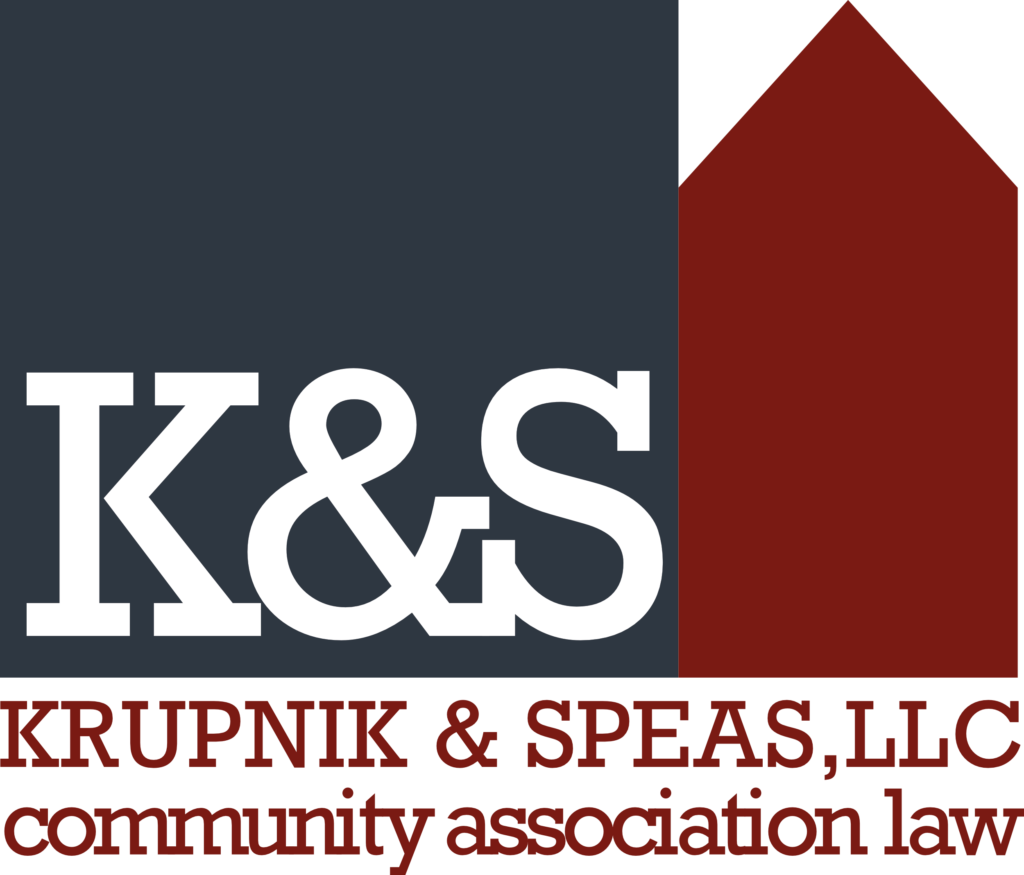At a minimum, the meeting minutes should contain the following elements:
- Type of Meeting – Regular, special or adjourned special meeting.
- Association Name – Record the association’s correct corporate name and the words, “Minutes of the Meeting of [insert association name]”.
- Event Information – Specify the meeting date, time and location.
- Attendants’ Names – List the names of the directors or members present, the name of the presiding officer, and secretary or substitute minute recorder. For open meetings, the non-voting audience should not be included.
- Approval of the Previous Meeting Minutes – Unless the board waives the reading of the minutes, they should be read and approved or approved as corrected.
- Officer and Committee Reports – Reports made by the manager, board and committee members often precede the business of the meeting. Such reports are usually for information only, and, if in writing, can be appended to the minutes with board approval. If not in writing, only the fact that the report was made needs to be stated in the minutes.
- The Business of the Meeting – The minutes should follow the agenda, unless the board agrees to discuss a matter out of order. The motions returned to committee, etc., should be grouped according to subject matter. There is no reason to include the summary of debates, discussions, drafts and revisions of the motions. None of this information constitutes the official action of the association.
- Adjournment – The last paragraph should state the time of adjournment.
- Identification of Person Creating the Minutes – The identification of the secretary, or other person creating the minutes, preceded by the words “Submitted by,” should be included at the end of the minutes.
Note:
Meeting minutes are the association’s only official record of its board, committee or membership decisions and actions.
Meeting minutes reflect board decisions, not what members say.
Meeting minutes should be brief (one page if possible).
The meeting minutes are not official until the board at a subsequent meeting approves them.
The secretary’s primary responsibility is maintaining the association’s official records.
The association shall keep as permanent records minutes of all meetings of its members and board of directors, a record of all actions taken by the members or board of directors without a meeting, and a record of all actions taken by a committee of the board of directors on behalf of the association.
Executive session minutes of the board of directors should be kept separately from open board meeting minutes. Executive session board meeting minutes may be withheld from review by members.
The above information applies to communities that are nonprofit corporations and either a planned community or a condominium. This information is for informational purposes only and is not specific legal advice or a substitute for specific legal counsel. Each association should check its governing documents and seek professional counsel to make sure that it does not have additional requirements to meet.

